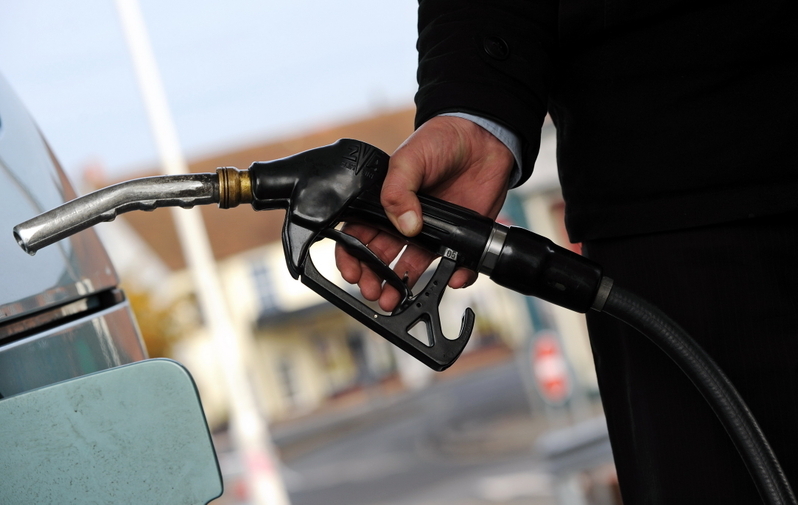CAIRO: Egypt’s Citadel Capital plans to scale back investments outside its existing projects until the political and economic outlook becomes clearer, its chairman told Reuters.
The private equity firm which focuses on the Middle East and North Africa reported a loss for the first half of the year due to a lack of divestitures and because of writedowns on under-performing upstream oil and gas investments.
Chairman Ahmed Heikal said the firm’s portfolio is weighted towards greenfield projects and turnarounds, which keeps it busy for now. "I think we will probably slightly downsize the existing portfolio which is huge," Heikal said in an interview for the Reuters Middle East Investment Summit.
Existing investments include farms and energy distribution in Egypt and Sudan, railways in Kenya, mining in Ethiopia and cement production in Algeria. Most of Citadel’s funds have invested in or created Egyptian companies that have expanded regionally.
Among the biggest projects in the pipeline are a $3.7 billion oil refinery and a $500 million energy bunkering facility in Egypt.
"I think we will see all our platforms become profitable in the next two to four years and I am fairly comfortable that our investments are on the right side of macroeconomic trends. We are in the best possible position to withstand the fallout from the political and economic challenges and the bumpy years ahead," said Heikal.
Citadel’s shares have tumbled this year along with other Egyptian stocks as investors and tourists fled the country in the wake of a popular uprising that unseated former President Hosni Mubarak in February.
New role for private sector
To strengthen its balance sheet with more cash, the firm is finalizing $150 million in long-term financing after a $176 million rights issue this month and plans small asset sales within the next six months.
"We are continuing to strengthen and grow the large investments we have started. They are all on the right track," said Heikal. "We will not dilute our attention with any additional large investments in Egypt at this point until there is more political clarity and economic certainty."
That will not be possible until Egypt has a new parliament and a new constitution, he said, blaming most of the country’s economic woes on the absence of law, order and security, and the former regime.
"Even if we did not have a revolution, our public debt to GDP would have been 110 percent this year," said Heikal.
Heikal said he would expect to make a return on any sale of the under-performing oil and gas assets that Citadel Capital wrote off this year.
He said Egypt will offer big investment returns in coming years as a cash-strapped government will have difficulty providing vital services. Companies willing to fill the gap will face little competition.
"Factories will continue to be built in Egypt, even if they are fewer than before, and the country will need power supply that the government will not be able to fulfill so it will retract and open the market for generating and distributing electricity to the private sector," said Heikal.
Asked if many of the new investments would be in the form of public-private partnerships, he said: No, forget it."
He suggested that Citadel Capital’s focus on investments in exporters was likely to pay off because Egypt’s currency is likely to weaken.
Heikal added that there was "zero" happening in terms of a potential partial sale of Citadel Capital after talks with Dubai-based Abraaj Capital ended in July without a deal.



